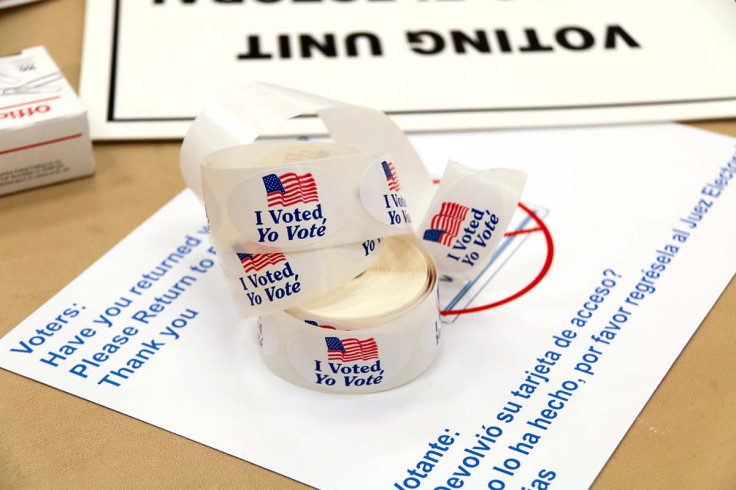
Univision´s former president, Joaquín Blaya, went on MSNBC the day after Trump's much publicized Univision town hall in which the former president answered questions from Latino voters.
Blaya, was not impressed, blasting his former network for what he described as a "lack of integrity" in allowing Trump to speak uninterrupted without fact-checking. "It was really not a town hall, it was an infomercial in where they brought in audience as props," said Blaya, who went on to question why the event was moderated by Mexican journalist Enrique Acevedo instead of star reporter Jorge Ramos, who conservatives have deem too biased against Trump in the past.
On Tuesday, Univision's current CEO, Daniel Alegre, shared insights on how he sees the electoral landscape at the moment during an interview with Just The News CEO John Solomon. According to Alegre, Latinos have stepped away from their traditional loyalty to the Democratic party and have now shifted towards allowing other factors determine their vote.
"The world of 15 years ago where Hispanics were essentially considered a vote for the Democratic Party – that's no longer the case," said Alegre." Hispanics are really becoming more and more an issues vote than a specific party vote."
He went on to note that the "Republican Party has made very significant inroads relative to previous years in the Hispanic community", making a point to signal out the network's concerted effort to open corporate lines of communications to the top of both Donald Trump's and Kamala Harris's campaigns in addition to its usual newsroom interactions.
As an example of Univision's efforts, he mentioned the town halls that both candidates took part of, emphasizing that they "showed that if you show up and you talk to the community, they will listen and they will appreciate and you can change their minds."
Alegre, who took over Univision's leadership a month ago, also highlighted the potential role of Hispanic voters in the upcoming election, especially in the swing states:
"I'm not trying to sound overly dramatic, but I fundamentally believe that the Hispanics are going to decide who the next president of the United States is going to be. And if you look at just the battleground states, for instance, the number of Hispanic voters in each of those battleground states is by a factor of about 10, higher than the difference between winning and losing each state."
Alegre did however caution both parties about avoiding using Latino voters as pawns during the campaign and then abandoning such conversations with the demographic once elected:
"What really matters thereafter is a consistency, a consistency of engagement with our community to ensure that you're speaking to them in their language, on the platforms that they're used to and that they trust. And this goes obviously way beyond the elections next week, it's a long term engagement that I think is important to focus on"
© 2025 Latin Times. All rights reserved. Do not reproduce without permission.





